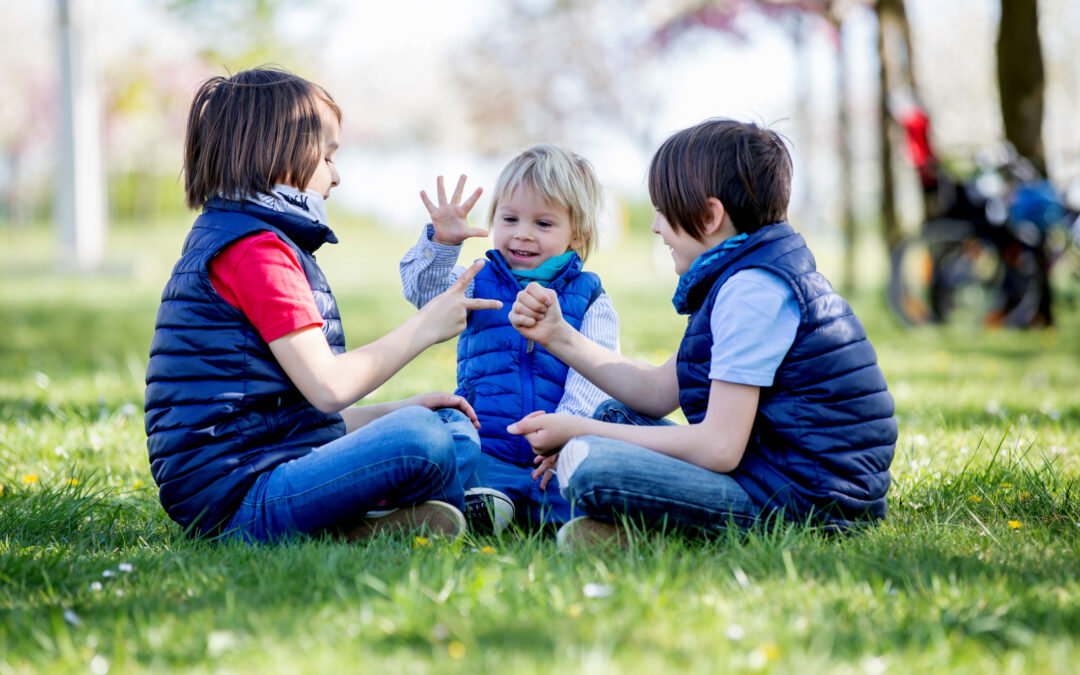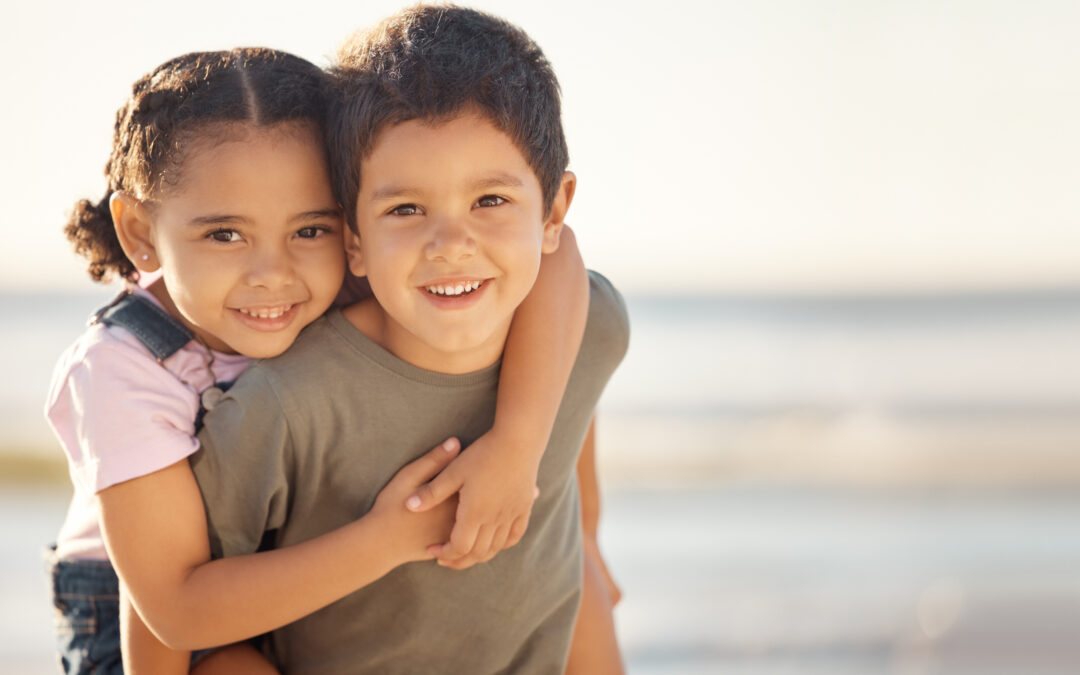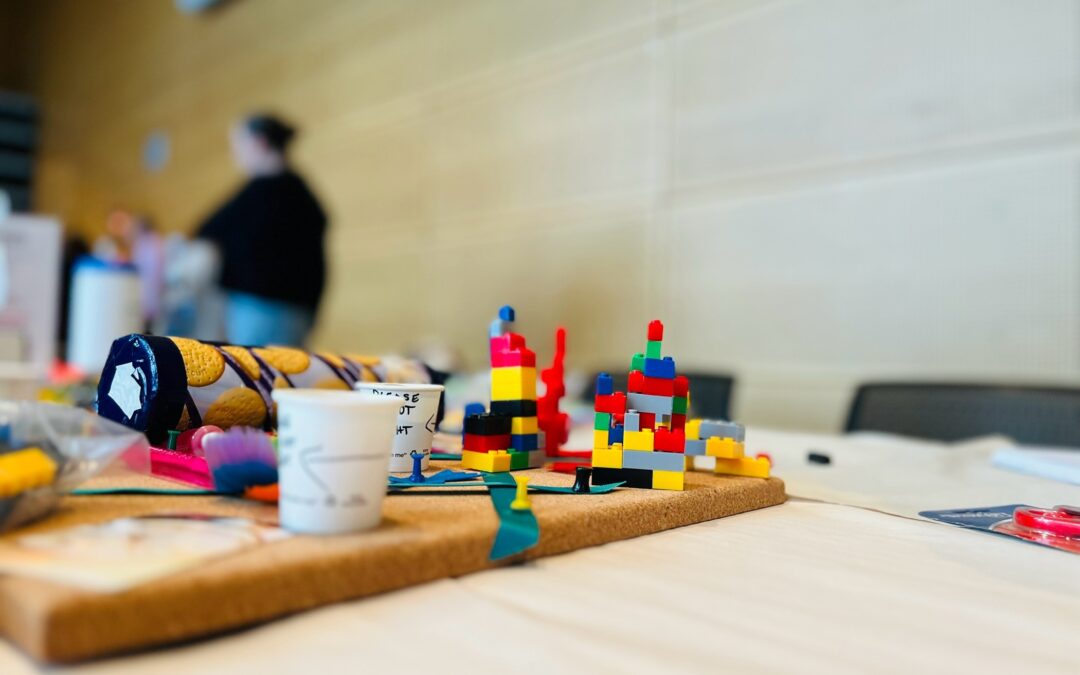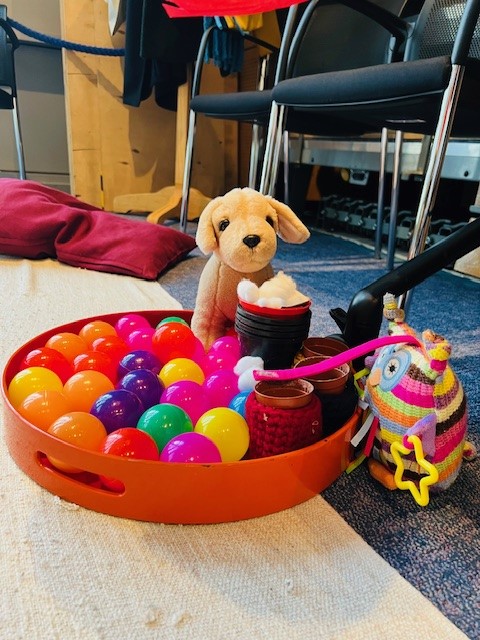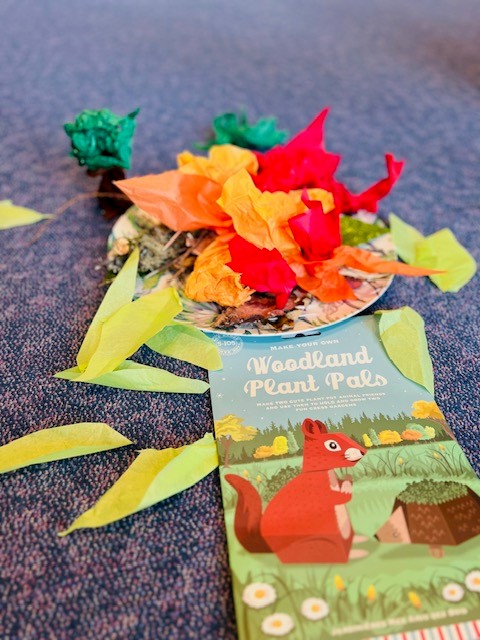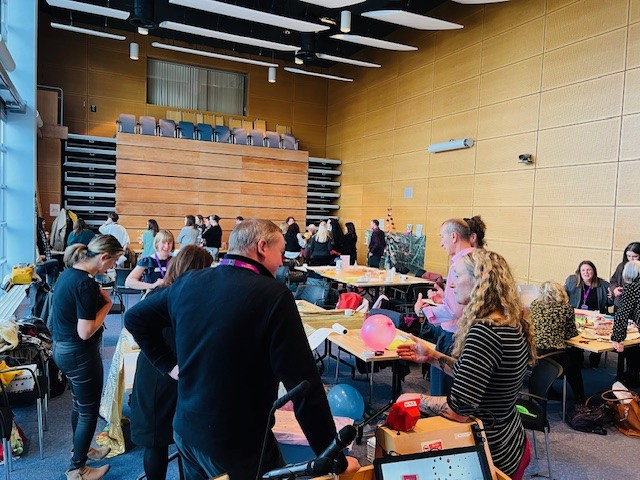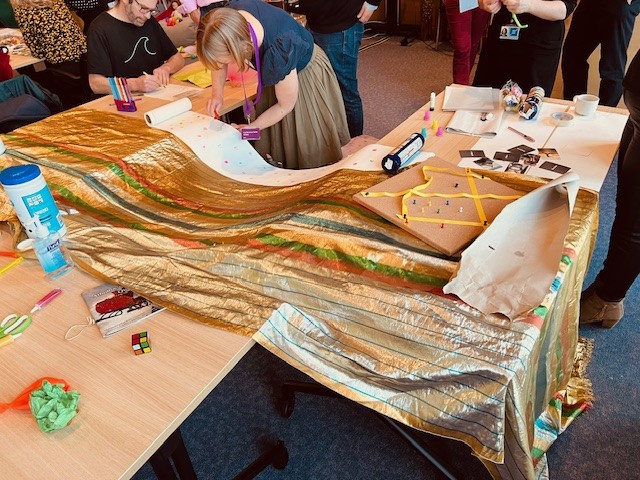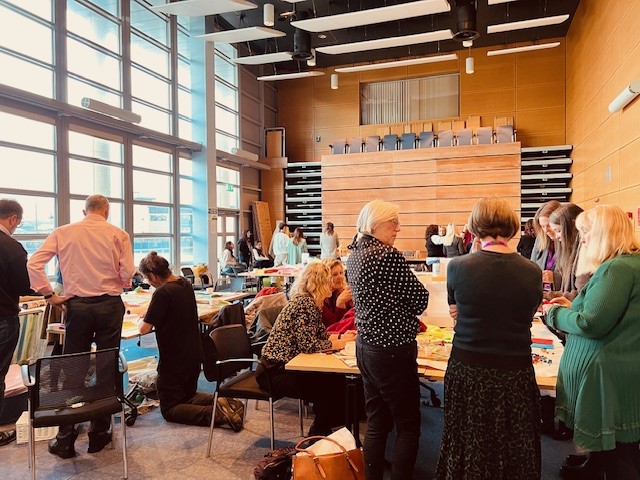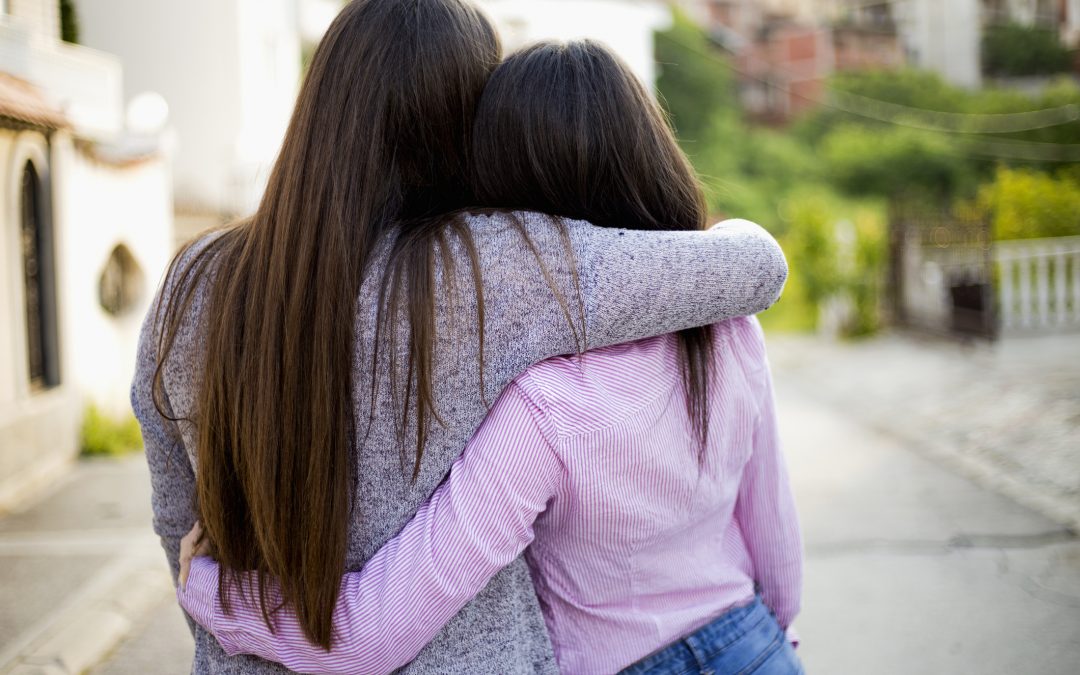An estimated 70% of care-experienced children and young people in Scotland experience separation from their siblings. This can create enormous barriers to maintaining some of the most important relationships in these children’s lives … and this is made even more significant when one sibling is sent to prison.
New pioneering research, published on Wednesday 6th December, found that a disproportionate number of care-experienced children and young people had a sibling held in prison or secure care. For every young person in prison or secure care, an average of more than six siblings were impacted – and this is likely to be an underestimate as sibling relationships often go unrecognised and unreported.
The report, ‘Staying Connected: Care-experienced children and young people with a sibling in prison or secure care’, is a joint project by Families Outside and the Scottish Children’s Reporter Administration (SCRA), funded by The Promise Partnership, which explores the topic of care-experienced siblings separated by imprisonment or secure care. Care-experienced young people affected by a sibling’s imprisonment experience many of the same barriers to rebuilding and maintaining relationships with a person in prison as many other families face – however, these barriers are often compounded by care experience. Some of these barriers included:
- The physical distance of the prison or secure accommodation from family, and the costs involved with travelling to visits.
- The costs of other forms of contact, such as phone calls.
- The unnatural environment of the prison or secure accommodation, which did not allow for ‘natural’ family time.
- Parents acting as gatekeepers in some cases, such as where one sibling was seen to be a bad influence.
- The emotional impact of separation meant that some siblings chose not to remain in touch because they found it too painful.
For care-experienced children and young people, sibling relationships are often some of the most significant relationships in their lives – often due to shared experiences and trauma, and siblings taking on a parental role. All children have a right to their sibling relationships – and services have a duty to support this. This includes anyone the child or young person may have a sibling-like relationship with (e.g. cousins, step-siblings, residents of the same care placement), regardless of their relation.
The emotional impact of sibling separation through imprisonment can be huge. Almost all interviewees had experienced a significant period of separation due to different care placements, even before one sibling went to prison. For many siblings, it was often as much about rebuilding their relationships as maintaining them.
Michael Grant, an expert consultant with lived experience, said:
“This report reveals a powerful narrative about the essential and defining impact that our (sibling) relationships have on our stories and lives. For some of us, our siblings are the most important and consistent support that we have, and loss of liberty shouldn’t have to mean the loss of that relationship too. We need our institutions to step up and act as a scaffold of support for these relationships, which hold the meaning and context with which we experience ourselves and the world around us.”
Sibling separation through care and custody is often overlooked. While there are estimates of the number of Scottish children impacted by parental imprisonment each year – around 20-27,000 -, there are no estimates of the number of children and young people experiencing the imprisonment of a sibling. There is a need for more thorough, effective data collection to ensure sibling relationships are properly supported.
Fi McFarlane, Head of Public Affairs for The Promise Scotland, commented:
“The Promise Scotland welcomes the launch of this important research from Staying Connected, which highlights that care-experienced children and young people impacted by sibling imprisonment are often overlooked. The Promise Scotland supports the call for more effective data collection and sharing so that sibling relationships are properly supported and protected.”
The impact of this separation can be long-lasting. We know that lack of connections and isolation for young people can increase the risk of offending, and in Scotland that care-experienced individuals are often overrepresented in the wider criminal justice system. A quarter of men in prison reported being care-experienced, as well as almost a third of women (31%). This number is likely to be higher than reported, as many young people were not aware that they qualified as ‘care-experienced’. Stable loving relationships, and sibling relationships in particular, can be key in reducing young people’s risk of offending, and helping them to move forward.
Professor Nancy Loucks, CEO of Families Outside, commented:
“Imprisonment fractures families, and this unprecedented research shows that brothers and sisters already separated through care arrangements feel this even more acutely. The Promise underlined siblings as a crucial support network, but custody through prison or secure care can make access to these relationships exceptionally difficult. The Staying Connected project identified barriers but also solutions to this challenging issue.”
Extensive support for the importance of sibling relationships for care-experienced children and young people already exists in policy, legislation, and discourse. Now, proper action must follow.
Neil Hunter, Principal Reporter for Scottish Children’s Reporter Administration (SCRA) said:
“What is clear from the findings of this research is that there is an ongoing need for all partners in the care and justice sectors to work effectively to ensure that siblings are identified, that they are informed of their right to maintain their relationships and that all possible steps are taken to ensure that siblings get to see and keep in touch with each other if they wish to, and it is safe to do so.”
